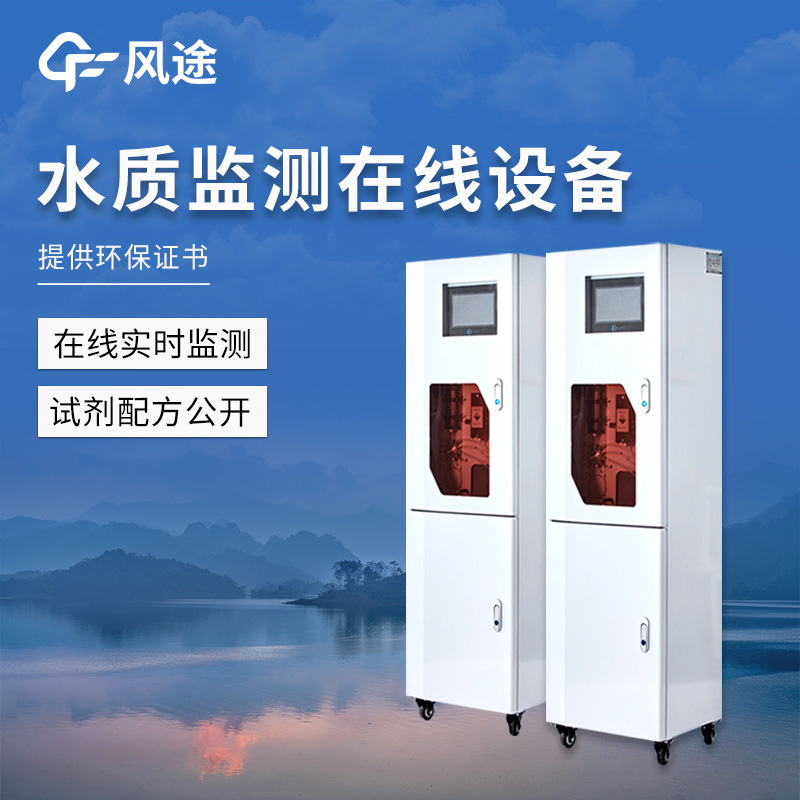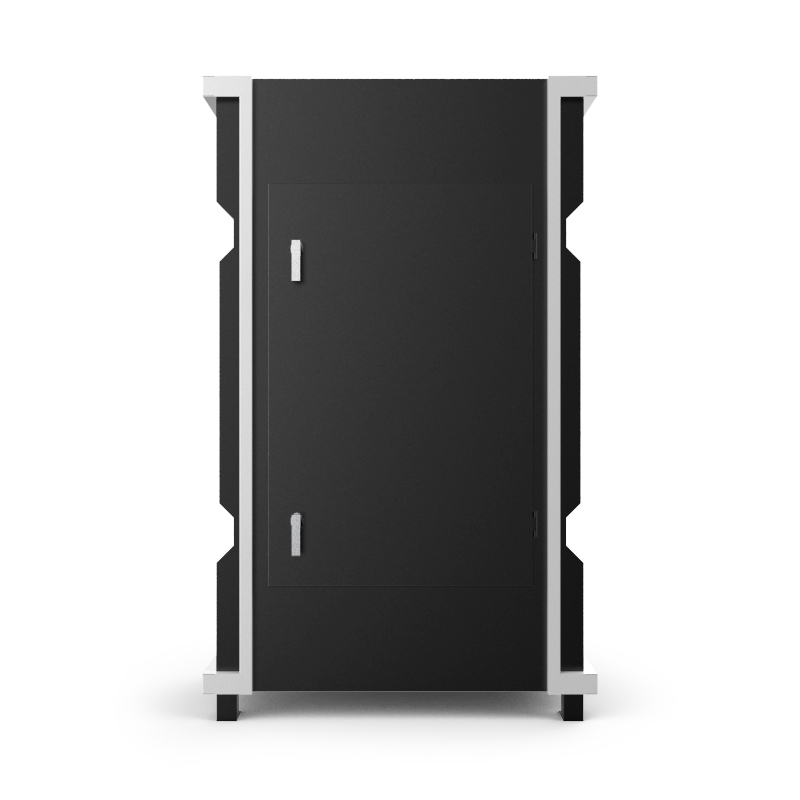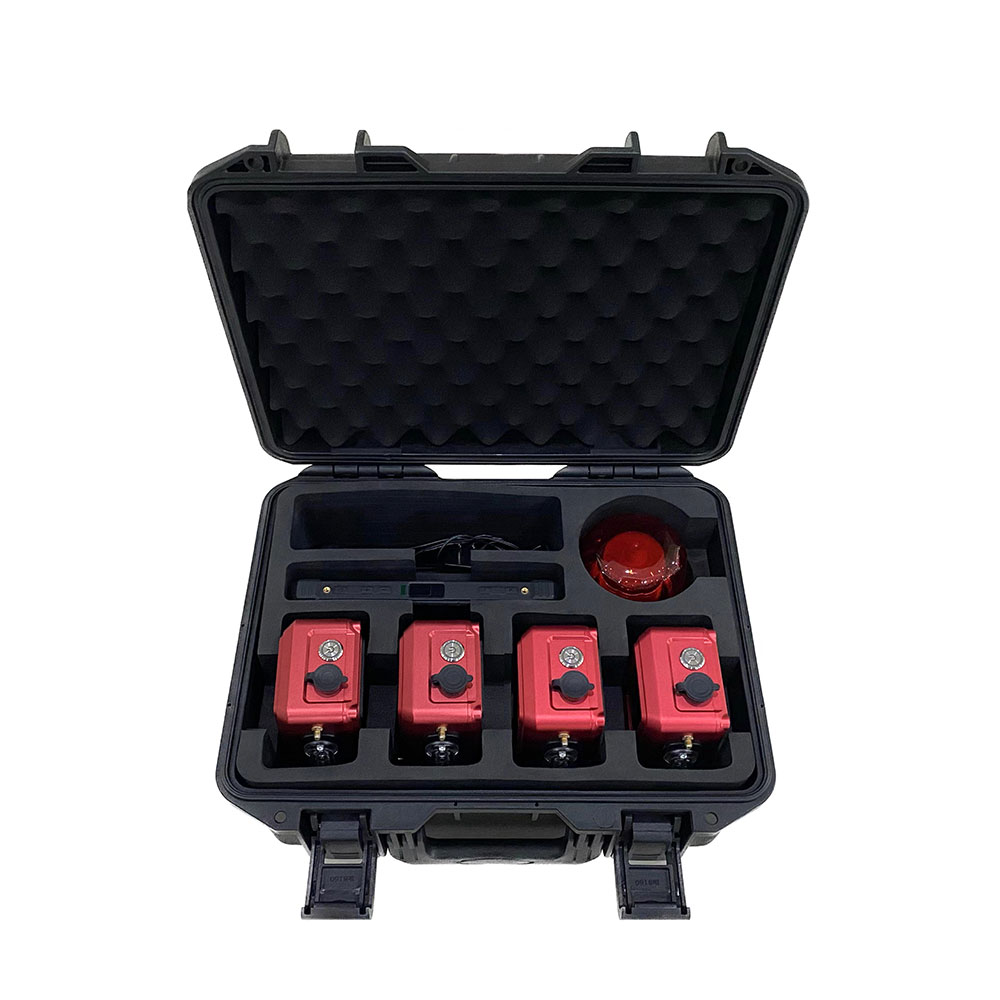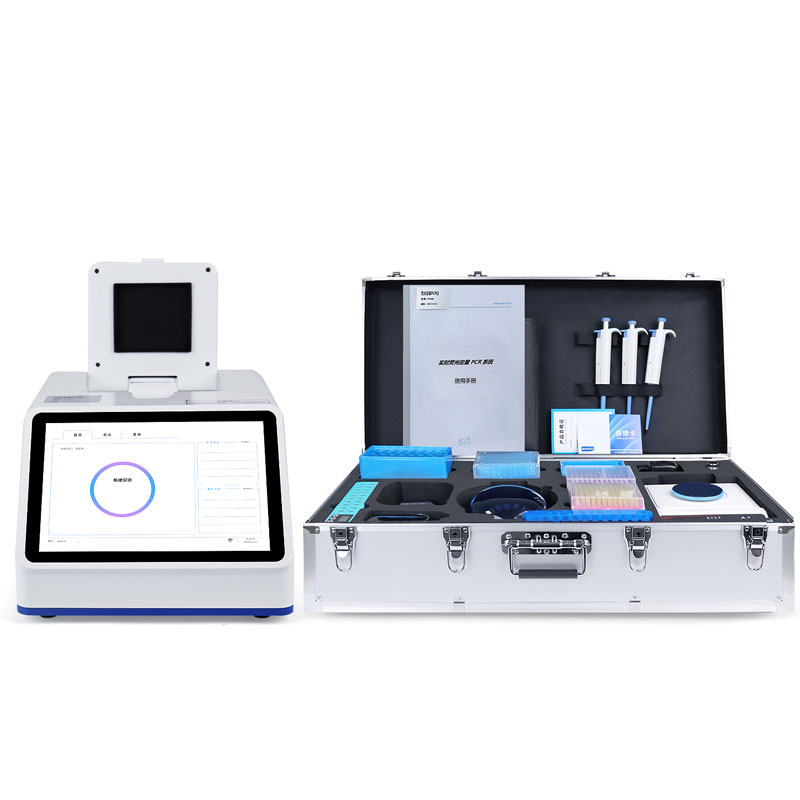As an efficient water environment monitoring equipment, the Water Quality Detector is able to provide accurate water quality analysis services for various industries. It is based on the scientific principle of spectrophotometry to quantify indicators such as chloride ions, heavy metal ions, ammoniacal nitrogen, water color and turbidity in water. The equipment is divided into comprehensive multi-parameter analyzers and specially customized single-parameter testing instruments according to different testing needs.
Different industries have different concerns about water quality. Wastewater treatment plants aim to improve water quality by treating municipal wastewater and therefore need to accurately monitor the quality of incoming and outgoing water. The aquaculture industry, on the other hand, needs to closely monitor water quality as it directly affects the growth and health of fish and is critical to the success of aquaculture. Water quality probes are used as monitoring tools to help these industries understand key water quality indicators in real time, ensuring that water quality is managed in line with the industry's needs.
Traditionally, most aquaculturists conduct water quality testing by commissioning professionals to collect samples and send them to laboratories for analysis. This method is not only time-consuming, as it often takes more than two weeks to wait for the final analysis results, but it is also a costly option from an economic perspective.
Compared to this means of water quality testing, the routine use of water quality testers demonstrates its advantages in terms of accuracy and exhaustiveness of information. Although the test strip method is suitable for rapid screening in the event of significant fluctuations in water quality, given that changes in water quality can be driven by a multitude of different factors, a problematic detection usually means that multiple water quality indicators have been affected. Against this background, it is difficult to rely on test strip results alone to provide comprehensive water quality information. Therefore, an in-depth understanding of the specific state of water quality relies on more specialized water quality testing equipment for detailed analysis and assessment.

This paper addresses:https://fengtusz.com/industry/422.html









